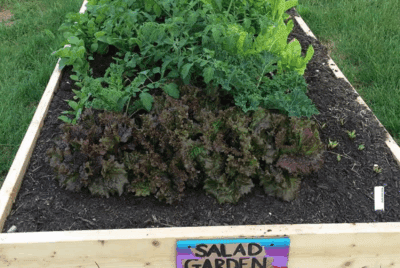RESEARCH
Effect of horticultural therapy on static, dynamic balance and gait speed among institutionalized older adults with cognitive impairment
Summary
This study investigated the effect of a 12-week horticultural therapy (HT) program on balance and gait speed among institutionalized older adults with cognitive impairment. Researchers used a mixed-methods controlled trial, assigning 13 participants to the experimental group (HT plus usual activities) and 10 to the control group (usual activities only). Quantitative data on static and dynamic balance (using the Performance Oriented Mobility Assessment scale) and gait speed were collected, and qualitative data was gathered through semi-structured interviews with caregivers about changes in participants’ behavior.
The HT program involved participants in gardening activities like preparing beds, planting seedlings, weeding, watering, and harvesting for 60 minutes twice a week. The experimental group maintained their baseline performance on static balance, while the control group showed a decline. The experimental group’s gait speed improved, while the control group’s did not change. No changes were demonstrated in dynamic balance. Qualitative data indicated that HCT increased social interactions and encouraged conversation among participants. The study concludes that HCT should be more widely included in programs for older people with cognitive impairment.







